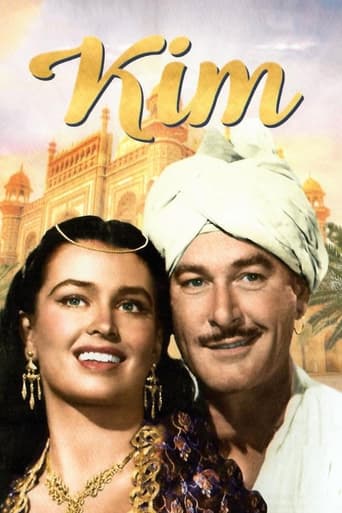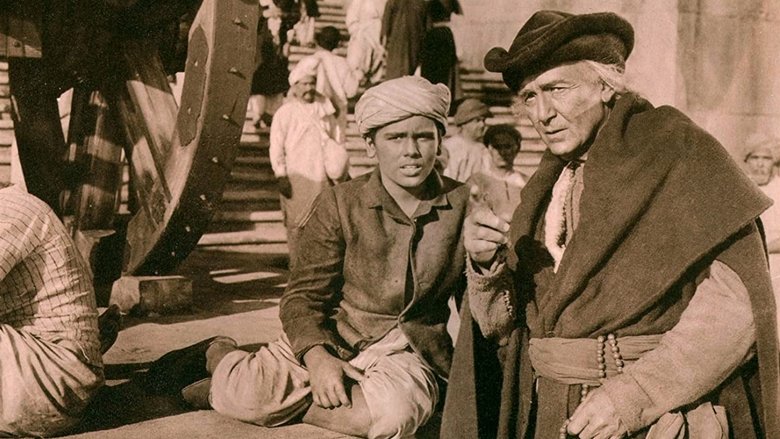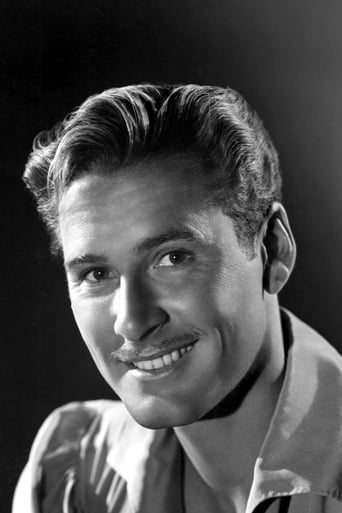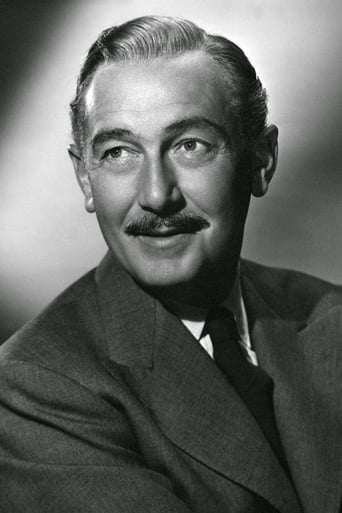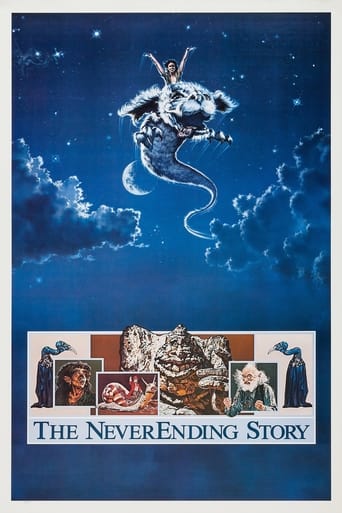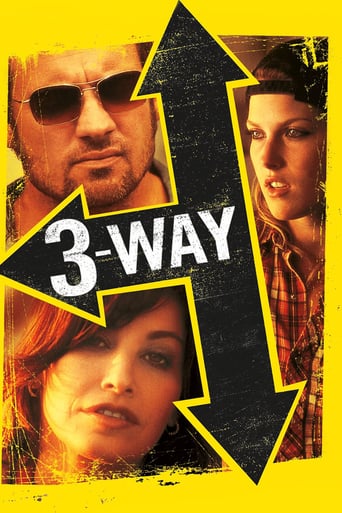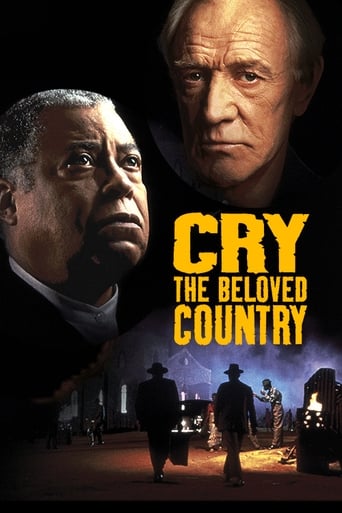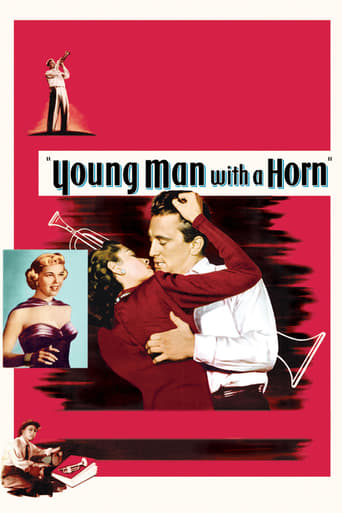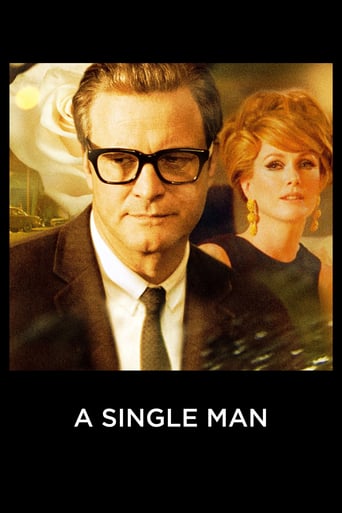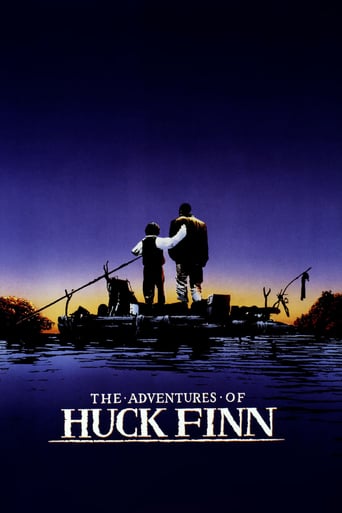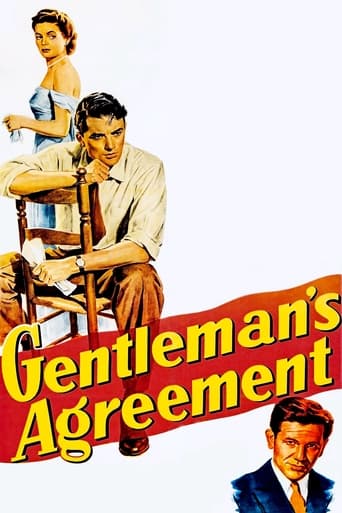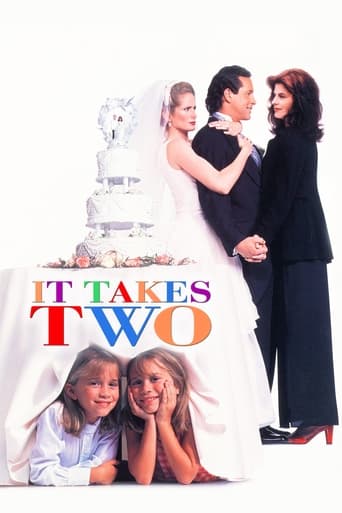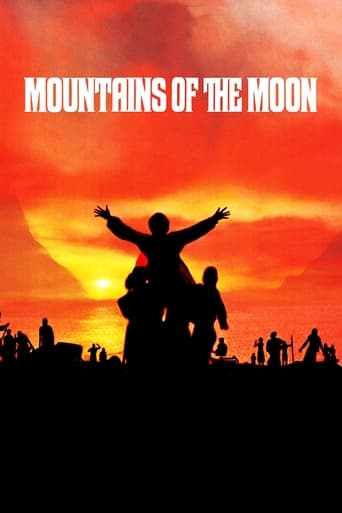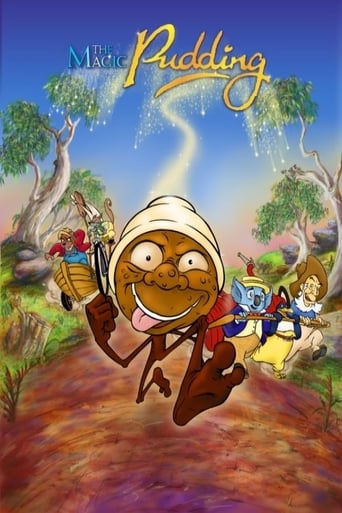Kim (1950)
During the British Raj, the orphan of a British soldier poses as a Hindu and is torn between his loyalty to a Buddhist mystic and aiding the English secret service.
Watch Trailer
Cast


Similar titles
Reviews
Based on a Rudyard Kipling novel, this film boasts a red-headed Errol Flynn as Mahbub Ali, protector of the titled boy character, played by Dean Stockwell. Directed by Victor Saville, it tells the tale of how the orphan Kim helps the British fight rebels in India. The screenplay was co-written by Helen Deutsch. The cast includes Paul Lukas, Robert Douglas, Thomas Gomez, Cecil Kellaway, and Reginald Owen.Both the main characters dress themselves as natives of India, Flynn's because he's undercover and trying to infiltrate the rebel clan; Stockwell's to avoid school. Lukas plays a holy man that befriends Kim, and then works as his apprentice. When it is discovered that Kim is really a white boy, he is sent to a private school where his free and easy ways are punished. So, he escapes and catches up with Flynn's Red Beard, who trains the youngster in the spy trade. The two of them, with help from the holy man, work to aid the British during the time their kingdom included (occupying) India.
Out of MGM, Kim is directed by Victor Saville and adapted from the Rudyard Kipling novel by Helen Deutsch, Leon Gordon (producer as well) and Richard Schayer. It stars Errol Flynn, Dean Stockwell, Paul Lukas & Robert Douglas. It's shot in Technicolor by William V. Skall and André Previn provides the musical score. Locations for the shoot were Rajasthan and Uttar Pradesh, India, and some work was done at Alabama Hills near Lone Pine in California.It's all very colourful, with performances from the cast to match, and the photography is at times gorgeous, but excitement is sporadic and threaded together by long periods of tedium. The story is a good one, tho the political correctness brigade would like to see the film given a Viking burial. Set during the British Raj, it tells how a young orphan boy named Kim (Stockwell) had adventures whilst becoming a spy for the Empire. The people he meets, good and bad, and his involvement with a Russian plot to seize India. Stockwell does very well in the lead role, and Flynn offers up some flamboyance. But it's ultimately too long at nearly two hours because the narrative is far too episodic. 4/10
A reviewer says that Kim is half Indian. That is not the case, he is wholly British.The ending of the Kipling's novel is ambiguous - does Kim go fully "native" and live an Indian spiritual life or does he become fully a Briton or does he continue moving to and fro in both worlds? The general feeling is that Kipling infers that he permanently becomes as an Indian. He remains a disciple of the Lama and continues on immersed in a spiritual life on the lama's death. There is a great opportunity for a sequel here, both as a novel and as a film.Generally the reviewers get it right. The movie is tedious and although much of the film was shot in India it fails to capture the excitement and action of India, especially when depicting life on the road, which is one of the most intriguing elements of the book.
I saw the movie just after I had read the book and I realized that while some dialogue was copied verbatim, the end had been changed and the character played by Erol Flynn was given a greater role than in the book while the importance of some female characters that existed in the book was actually obliterated. Of course the movie cast the English as good and the Russians as bad as the book did and had all the trappings of the mythology of British imperialism as it would have been obvious in a book based on a Kipling novel.But the experience of watching it on screen was fine, since the movie had simplified some of the more esoteric meanderings of the book focusing on action or on the making a man- Kim- that is in character building, as the moral was that an essentially kind-hearted but mischievous oriental had to acquire the manners of an English gentleman-the role St Xavier's was preparing him for, and which he found difficult to follow-but at which he returned in the end through the guidance of the horse trader, a model of faith to the British. The role of he Lama was downplayed in the sense that the actions of his that the movie retained were only the ones that related with Kim's development as an individual and not the ones that had to do with his own spiritual quest. In the book, the Lama is just after Kim the second most important character while in the movie he is overshadowed by the horse trader played by Erol Flynn.Also importance is attached in the training Kim received in order to enter British Intelligence, an ambition that judging from the movie seemed to be what natives considered a crowning achievement. But still it is an enjoyable movie provided you agree with it's premises i.e. that the east is the playground of Westerners whose ways the natives would do well to emulate as Kim did or otherwise they would appear at best as well meaning but essentially exotic eccentrics as the Lama, or otherwise as dangerous criminals as all the opponent of British rule appeared in the film. The movie is really fun if you are a young westerner or someone who in latter life still retained this outlook but I suppose the same prerequisites apply to all Kipling's work- original or subject to adaptation.

